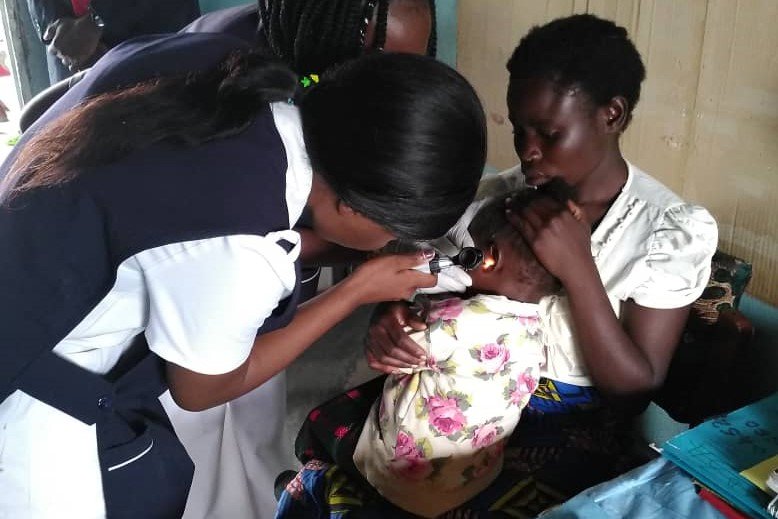The African continent is on the brink of a health crisis that threatens to affect millions of lives and cost billions of dollars.
A recent report by the World Health Organization (WHO) has sounded the alarm on the rising prevalence of hearing loss across Africa, projecting a staggering increase from 40 million affected individuals today to 54 million by 2030.
Unveiled at the African Summit on Hearing Impairment in Nairobi, Kenya, the report paints a sobering picture of the current situation. Hearing loss already exacts a hefty toll on the continent, costing an estimated Sh3.48 billion ($27 million) annually.
However, beyond the economic impact, the human cost is immeasurable, with far-reaching consequences that ripple through communities and generations.
Children are particularly vulnerable to the effects of untreated hearing loss.
The WHO report highlights how this condition can lead to delays in language development, potentially derailing educational outcomes and limiting future career prospects.
For adults, the consequences are equally severe, often resulting in isolation, loneliness, and increased risks of depression and dementia.
The root causes of this looming crisis are multifaceted, but chief among them is the acute shortage of ear and hearing care (EHC) specialists across the continent.
The disparity in healthcare access is stark: while Europe boasts roughly 50 ear, nose, and throat (ENT) specialists per million people, more than 56% of African countries have just one for the same population size.
The situation is even more dire for audiologists and speech therapists, with over three-quarters of African nations having fewer than one of these specialists per million inhabitants.
Access to hearing aids, which could benefit 33 million Africans, is severely limited. Only about 10% of those who need them have access, primarily due to lack of financing and prohibitively high costs.
This gap in care is further exacerbated by the absence of routine newborn hearing screenings in most countries, despite the fact that up to 75% of hearing loss in children from low and middle-income countries is preventable.
The WHO report doesn’t just highlight problems; it also offers a roadmap for change.
Key recommendations include advocating for policies focused on EHC, integrating these services into existing health programs, and exploring public-private partnerships to strengthen service delivery.
Perhaps most crucially, the report calls for dedicated financing to equip facilities and provide necessary products and technologies.
As Africa grapples with this silent epidemic, the urgency for action has never been clearer. The continent stands at a crossroads, where timely intervention could prevent millions from falling into silence.
It’s a call not just for governments and health organizations, but for society as a whole to lend an ear to this growing crisis and work towards a future where every African can hear the world around them.


